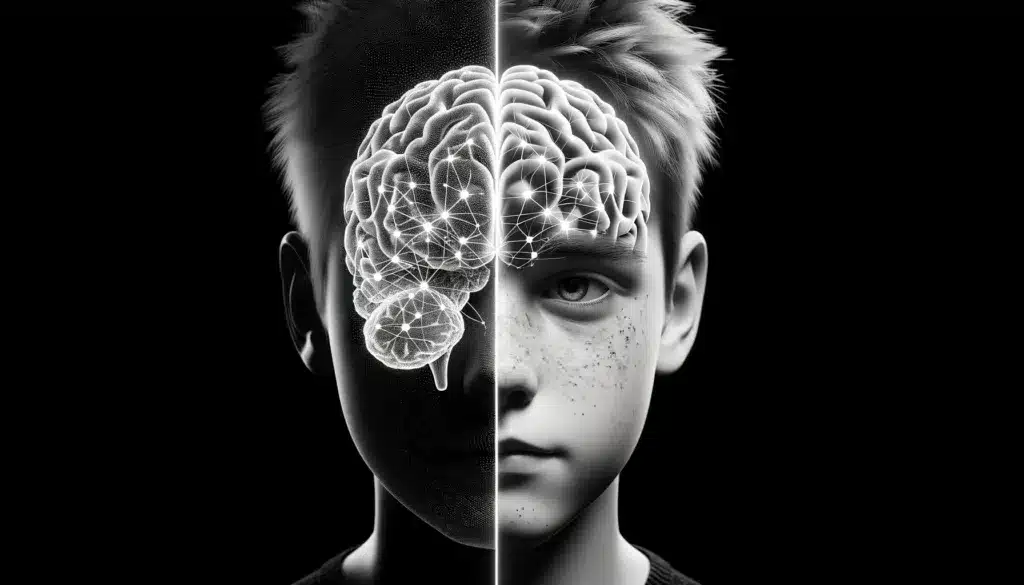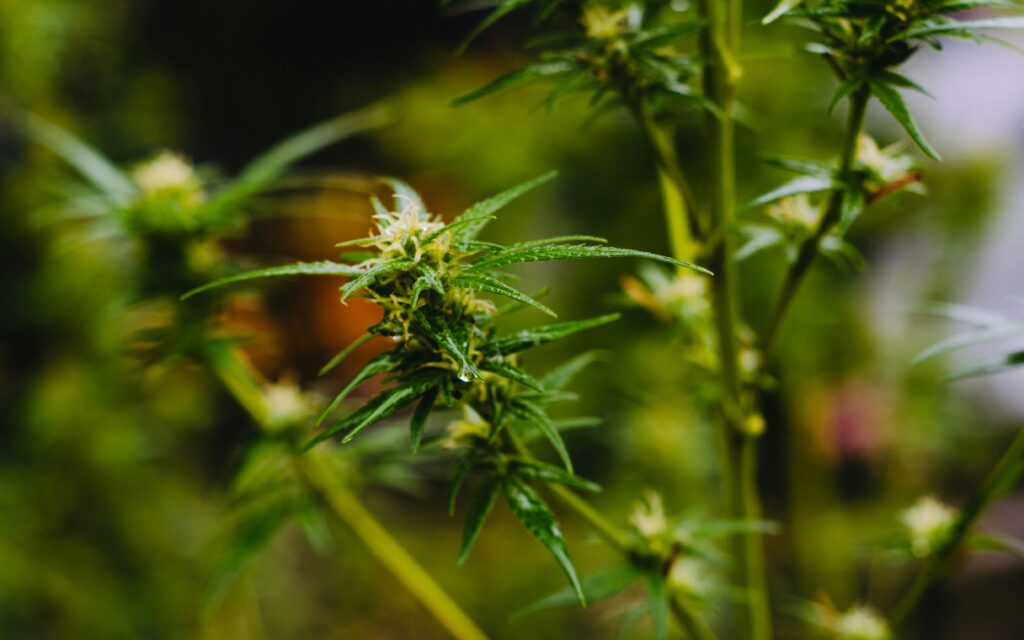Interest in the impacts linked to regular cannabis use is growing due to changing laws and evolving public opinions worldwide. The Weed Blog aims to illuminate the scientific findings on how regular cannabis use affects adults and children, including adolescents, highlighting the nuanced differences across these age groups.
Cannabis Use Effects on Adults
The acute and long-term effects of cannabis on adults primarily affect cognitive functions such as memory, attention, and executive functions. The Canadian Centre on Substance Use and Addiction (CCSA) reviewed studies in 2019, finding that regular cannabis use leads to changes in brain structure and function. However, for most adults, these impacts on cognitive functions are mild. The report also shows that these measurable cognitive effects often fade after a period of sustained abstinence.
A detailed review in Frontiers in Psychiatry examines acute and residual cognitive effects tied to regular cannabis use. It highlights the need to consider factors like delta-9-tetrahydrocannabinol (Δ9-THC) levels, the Δ9-THC to cannabidiol (CBD) ratio, prior cannabis use, and psychosis-spectrum disorders comorbidity. This study linked regular cannabis use to mild to moderate effects on memory, processing speed, and executive functions,which may last days or weeks after stopping cannabis use.
Effects on Kids Linked to Regular Cannabis Use
Adolescence involves significant brain development, making the effects of cannabis during this period especially concerning. Literature consistently shows that regular cannabis use can harm adolescents’ cognitive development, academic performance, and social functioning. High-frequency use raises the risk of cannabis use disorders in this age group. Psychoactive components of cannabis interact with the endocannabinoid system, crucial for brain development processes. Thus, starting cannabis use early may severely harm cognitive development.
Studies also link adolescent-onset cannabis use to more prolonged cognitive effects. These findings highlight a dose-response relationship where early and frequent use leads to more severe cognitive impairments. This evidence underscores the need for focused prevention and education for adolescents.
The Need for Age-Specific Considerations for Cannabis Use
Comparing cannabis use effects on adults and adolescents shows the need for age-specific considerations in cannabis policy and public health interventions. Adults may face temporary cognitive impairments from regular cannabis use, but these effects usually reverse with abstinence. In contrast, adolescents risk long-term cognitive impairments, highlighting the need for targeted prevention and education for this group.
Understanding the effects linked to regular cannabis use across age groups is crucial for public health policies, clinical practices, and personal cannabis use decisions.It’s vital to keep integrating new research findings into public health strategies to minimize cannabis use risks, especially for protecting adolescents from long-term harm.





